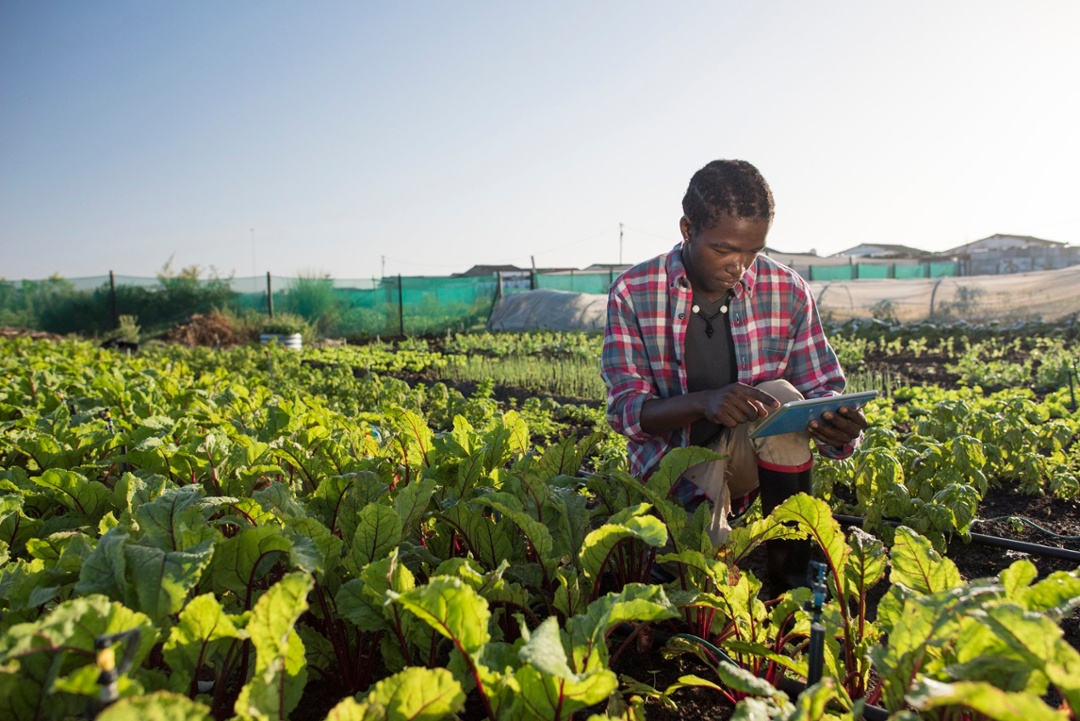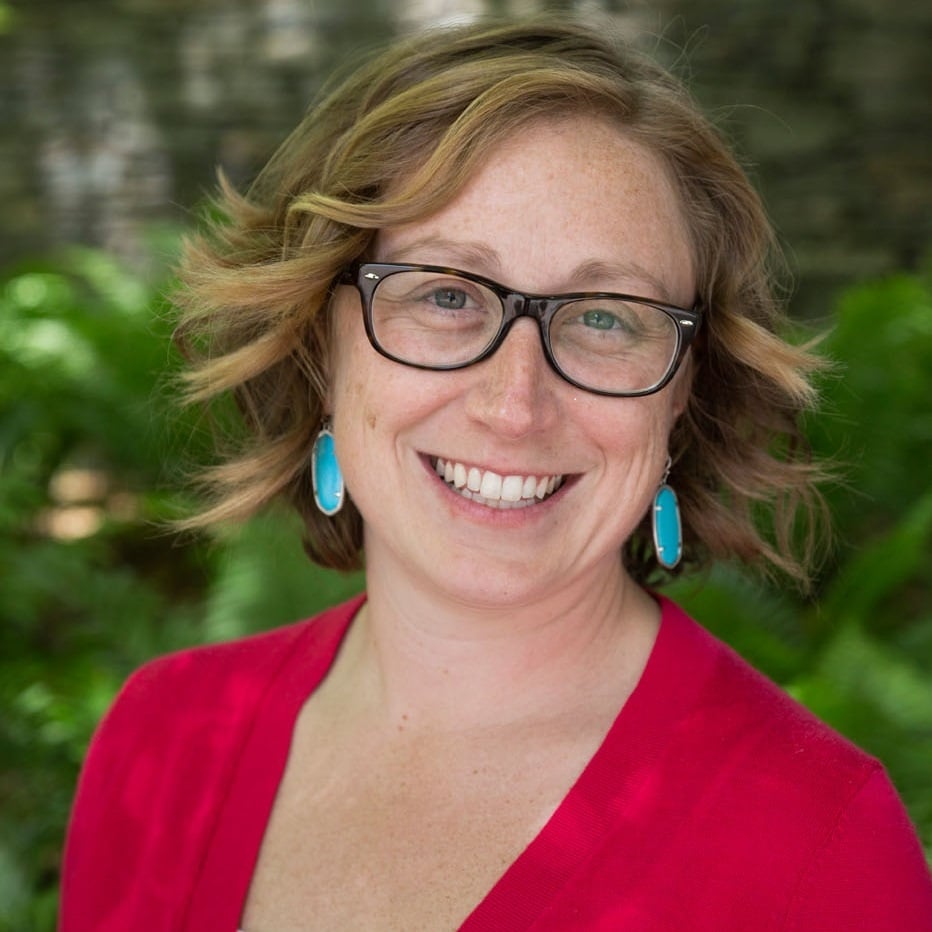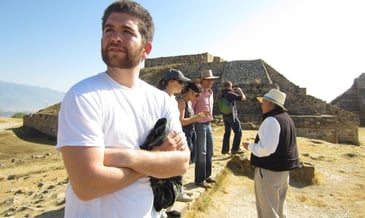We Need Anti-Racist Environmental Policy

Dr. Robert Bullard was one of the first people to identify how environmentalism and the Civil Rights Movement are intrinsically linked.
Bullard, often referred to as the “father of environmental justice,” first noticed patterns of racism in land use decisions in Houston in the mid-70s. A sociologist by training, Bullard observed that “100 percent of all the city-owned landfills in Houston were in black neighborhoods, though blacks made up only 25 percent of the population.”
In an interview with Grist, Bullard explains that he became obsessed with connecting the dots and observing the data in cities all over the country. Consistently, the people on city boards or committees who make zoning and development decisions are not the people who live in the communities affected.
“From coast to coast, you see this happening. It’s not just the landfill, it’s not just the incinerator, it’s not just the garbage dump, it’s not just the crisscrossing freeway and highway, and the bus barns that dump all that stuff in these neighborhoods — it’s all that combined. Even if each particular facility is in compliance, there are no regulations that take into account this saturation. It may be legal, but it is immoral. Just like slavery was legal, but slavery has always been immoral.”
The Environmental Justice Movement Grows
By the early 1980s, communities began to push back in widely publicized protests, and civil rights activists and environmental activists began to join their efforts. A series of studies published in the 80s confirmed what activists were saying: that “race was the single most important factor in determining where toxic waste facilities were sited in the United States.”
In 1994, President Bill Clinton signed Executive Order 12898 — Federal Actions to Address Environmental Justice in Minority Populations and Low-Income Populations. This executive order directs federal agencies to implement strategies for environmental justice and to ensure that their actions do not have a disproportionate impact on the human or environmental health of low-income and minority populations.
In the last 25 years, awareness of the need for environmental justice has grown, but not much progress has been made to address problem areas. An EPA study released in 2018 found that minority communities continue to bear higher health burdens than the average population.
According to The Hill, “African-Americans faced the highest impact, with the community facing a 54 percent higher health burden compared to the overall population, the study found. Non-white communities overall had a 28 percent higher health burden and those living under the poverty line had a 35 percent higher burden.”
This Election, a Green New Deal Could Help Move Us Toward Climate Justice
We don’t just need a clean energy revolution. We also need justice in the transition. We need to make sure that the millions of green jobs that are created are jobs for all; and that everyone has access to clean, affordable power and mobility. To learn more about energy justice, watch this video with EJ leader Dr. Michael Dorsey in conversation with Bard CEP Director Eban Goodstein.
Should a pro-environment political majority emerge in Washington, D.C. following the November 2020 election, then it is easy to imagine a reversal of most of the Trump-era environmental rollbacks, including the U.S. rejoining the Paris Climate Accord. However, this would not be American leadership: it would only restore the pre-2016 situation. By contrast, a Green New Deal that integrates rapid reductions in pollution with a justice and jobs agenda, would be a bold new approach to attacking the big 21st century environmental challenges like climate change. This leads to a broader point: the timing, and how much global warming we get—low-end or catastrophic—depends critically on the level of political engagement by people like you with our states, cities and utilities, and in the electoral arena.
The 2020 election is absolutely crucial in the fight for new, anti-racist environmental policy. The time has come to demand more from policy-makers and enact real change that brings justice and relief to all communities, but especially those most impacted by environmental injustice. The Master's in Environmental Policy at Bard is creating the next generation of environmental advocates who will do just that.





